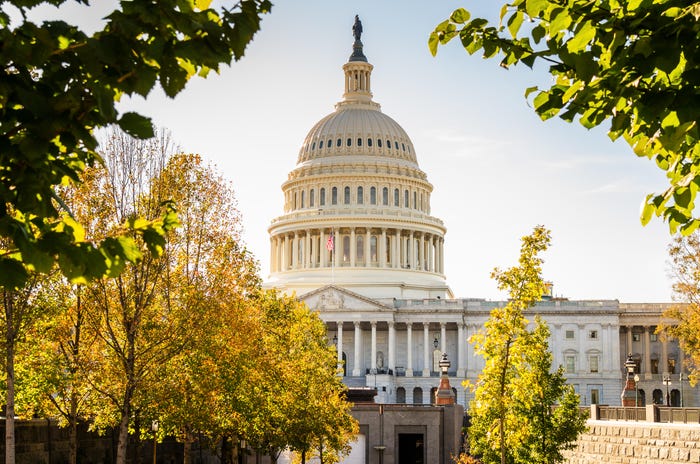Davidson: Lapse in ACP funding will have negative effect on BEADDavidson: Lapse in ACP funding will have negative effect on BEAD

Alan Davidson, administrator at the NTIA, told a House committee on Tuesday that a lapse in the Affordable Connectivity Program (ACP) would be detrimental to the agency’s broadband programs, namely the forthcoming $42.5 billion Broadband, Equity, Access and Deployment (BEAD) program.
“Affordability is critical to our success here, and ACP has played an essential role in recent years in making sure that we’ve got affordability in Internet access,” said Davidson. “We won’t be able to reach our goal of affordable networks without it.”
Davidson’s remarks were made during a House hearing on the oversight and reauthorization of the NTIA. The hearing delved into several areas the NTIA oversees, particularly the Biden administration’s Internet for All programs, which includes BEAD, as well as the future of spectrum strategy, broadband mapping and more.
His comments on the ACP, specifically, came in response to questions from Democratic House members who asked Davidson about the impact a lapse in ACP funding will have on BEAD. The ACP, which supports roughly 18 million households with a monthly broadband subsidy of $30 ($75 for homes on tribal land), is expected to run out of funding as soon as next year. While the ACP was passed in the IIJA with bipartisan support by the last Congress, it’s unclear if the program shares that support this session and there is currently no plan for its continuation.
Asked by Representative Marc Veasey (D-TX) whether it will negatively impact BEAD “if Congress cannot come to an agreement to extend ACP funding,” Davidson replied: “the short answer is that it will.”
Not only will the inability to extend ACP funding harm the millions of American families relying on the program to afford broadband services, but – as Davidson explained – it will harm the department’s deployment efforts as well. He noted that NTIA’s broadband programs “do better if ACP is on a firmer footing” because it enables low-income consumers to subscribe.
“As we build out our broadband networks, we want providers to know that there’s some certainty that they’ll have customers, particularly in these rural areas, particularly in areas where there’s lower-income Americans, they need to know that those Americans are going to be able to afford to get online. The ACP plays a major role there,” said Davidson.
To read the complete article, visit Light Reading.


